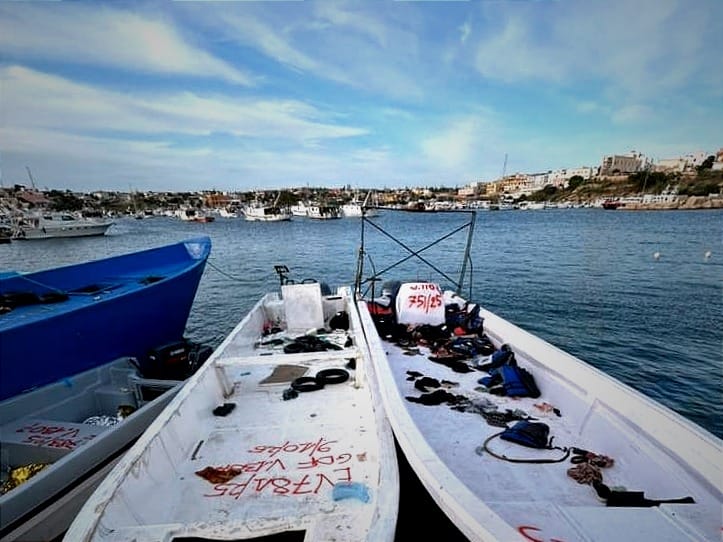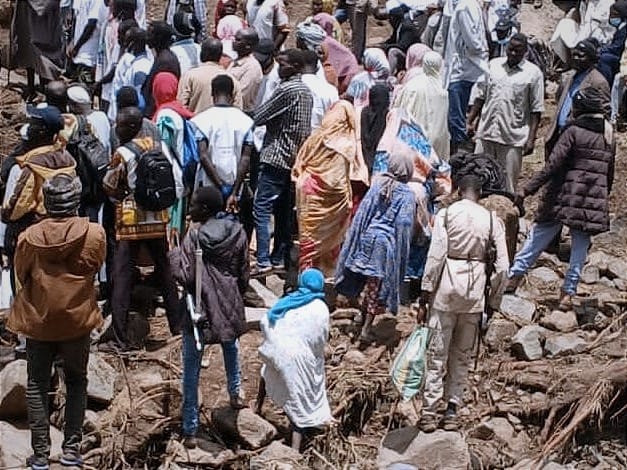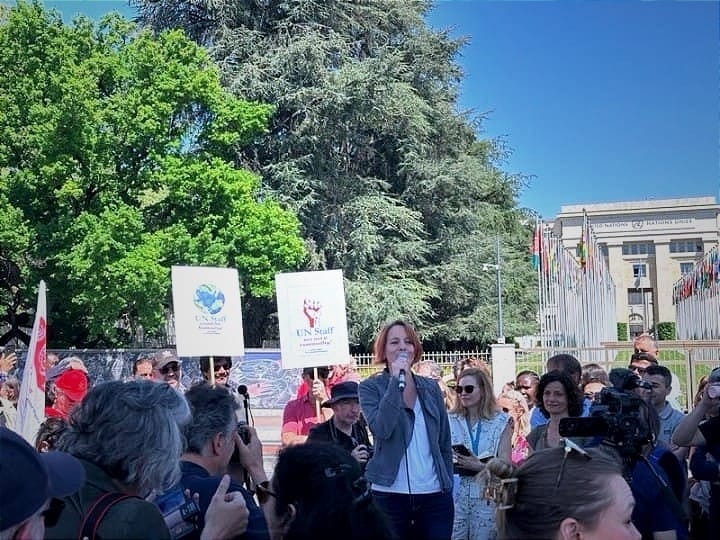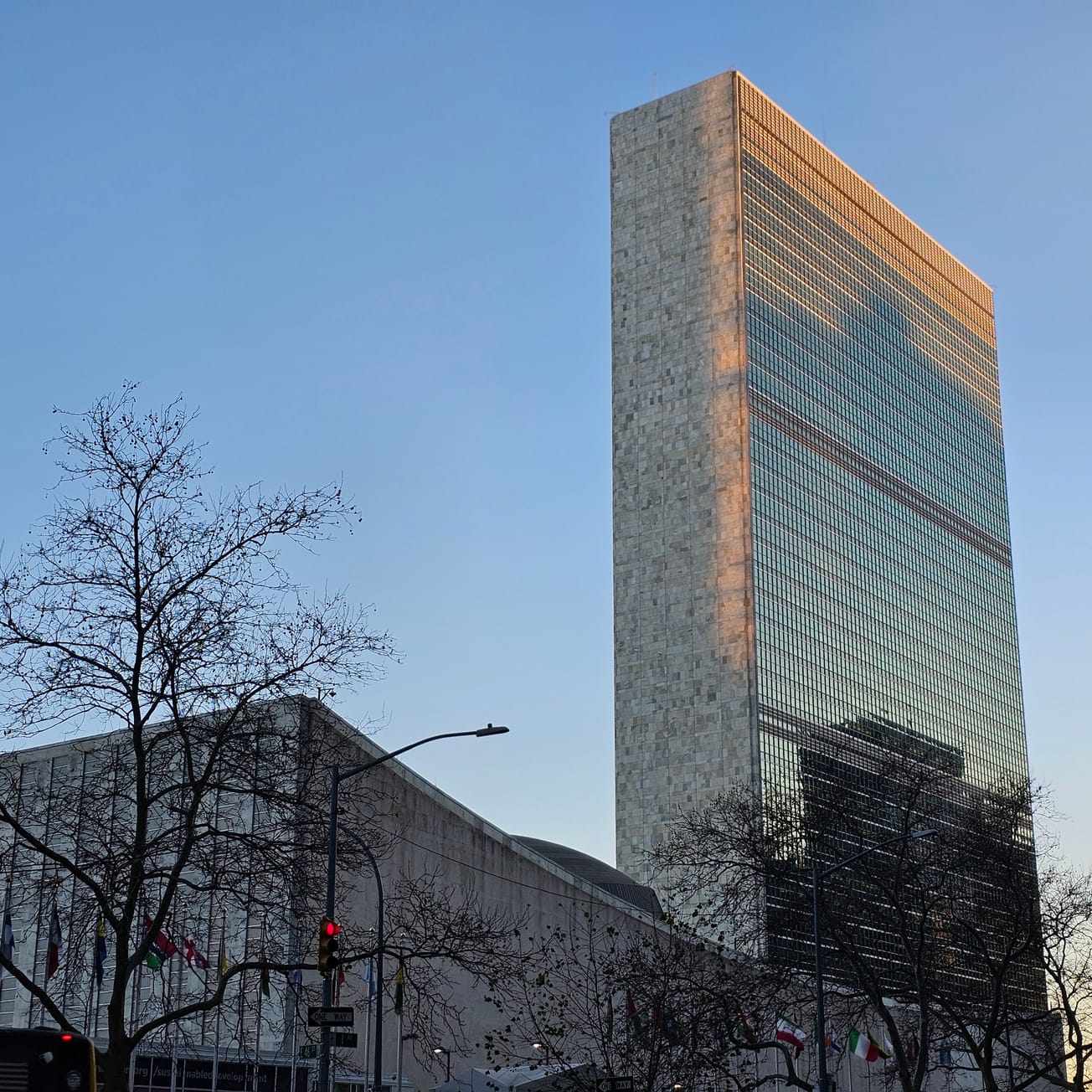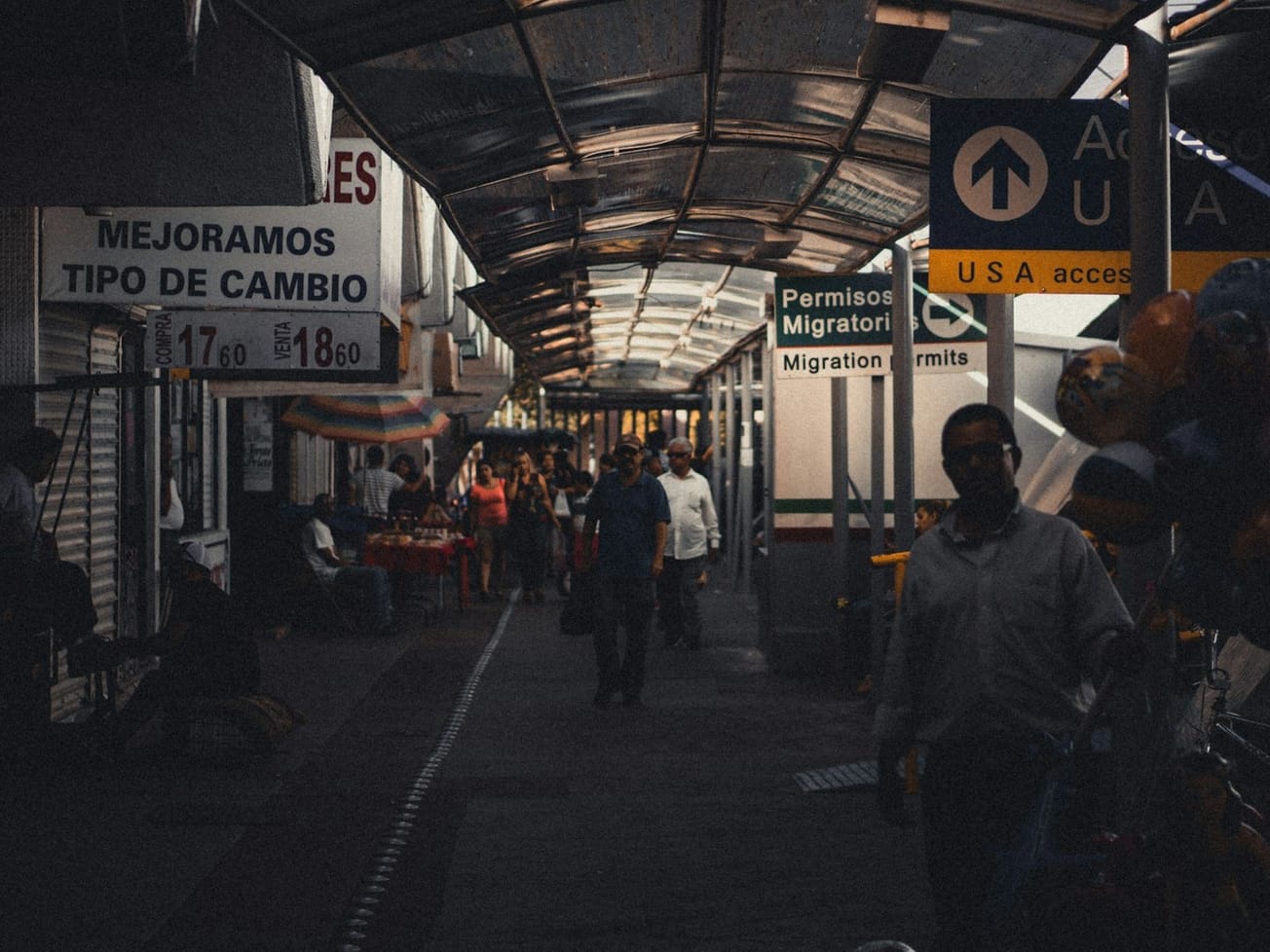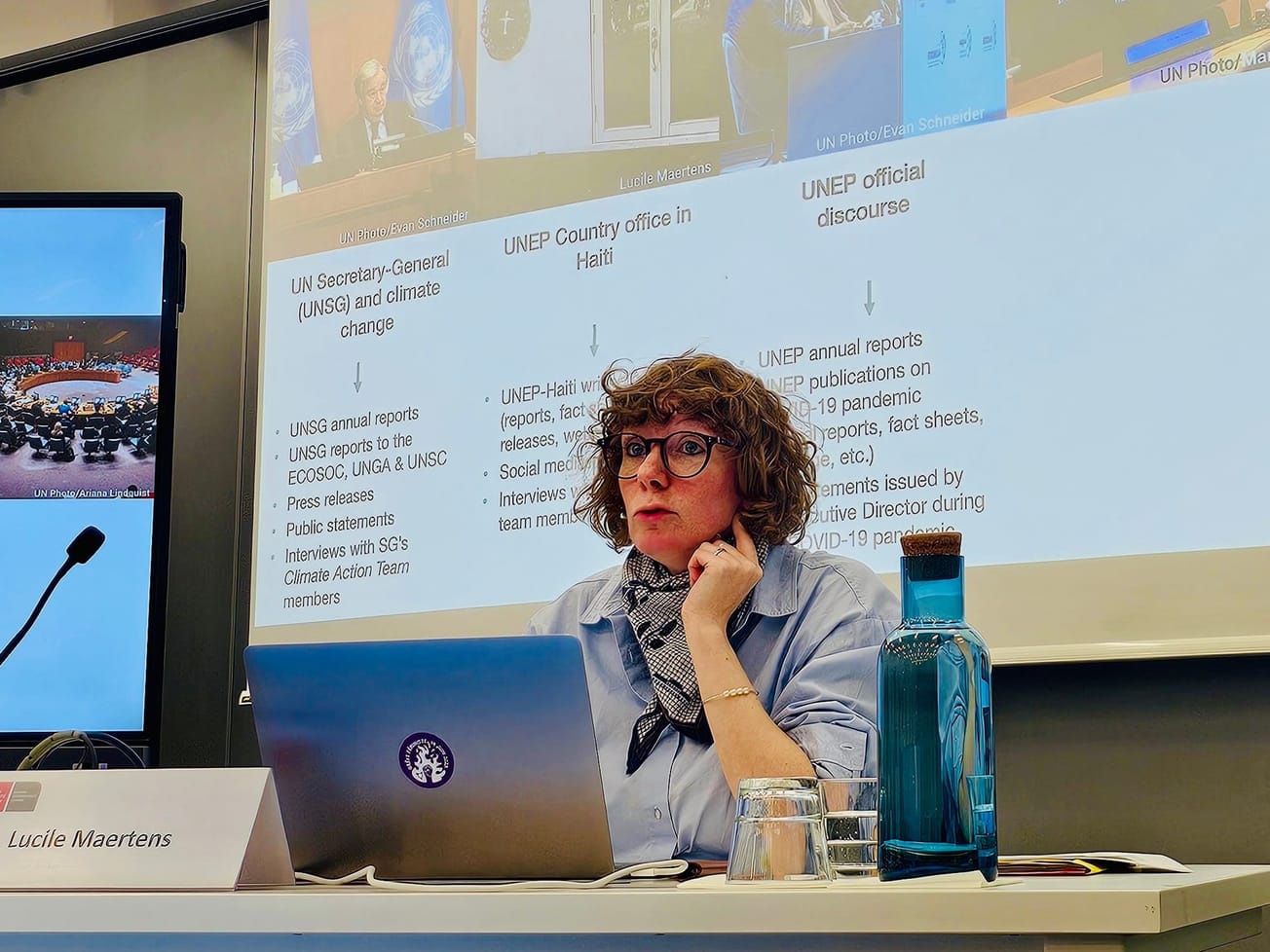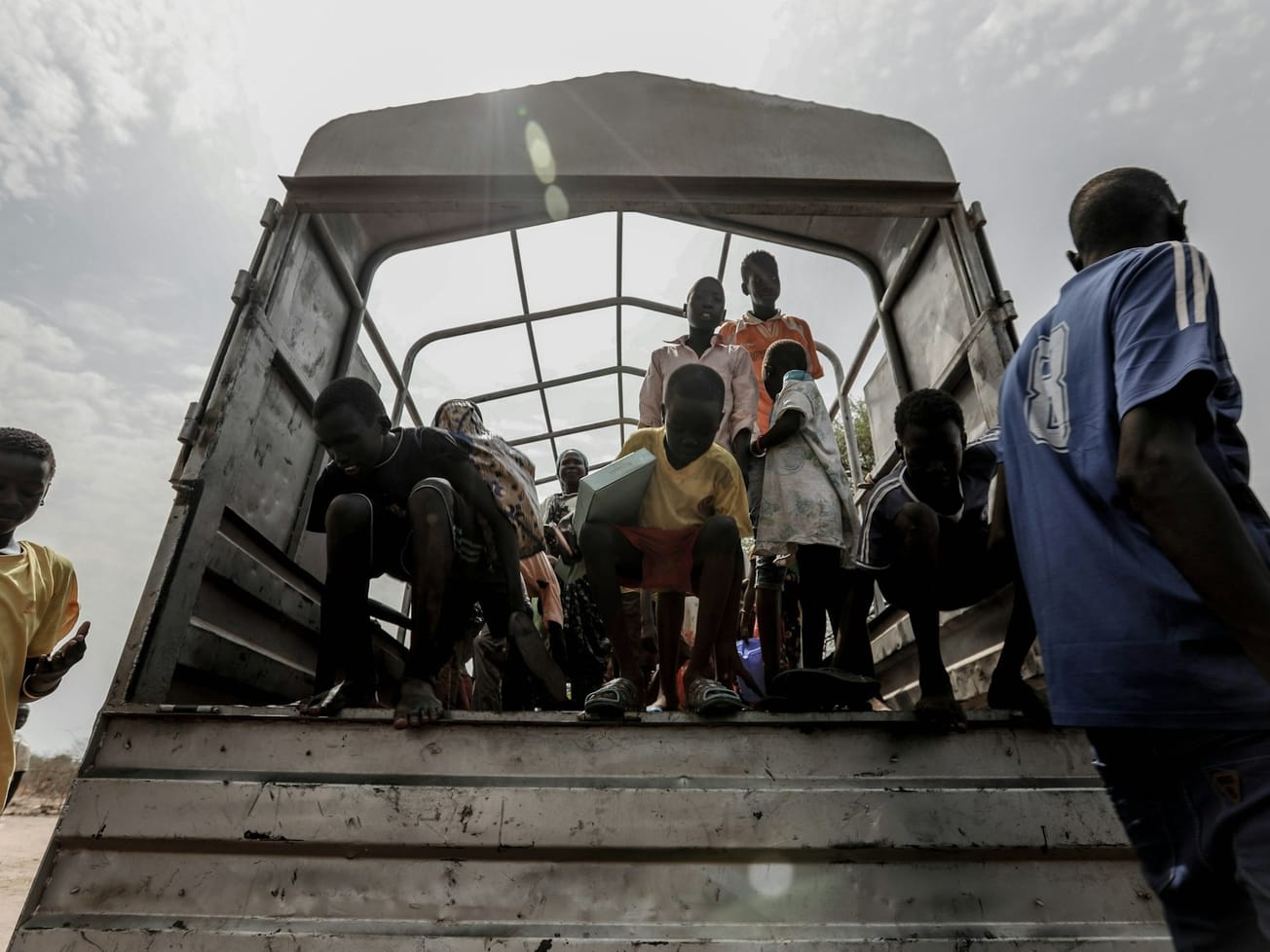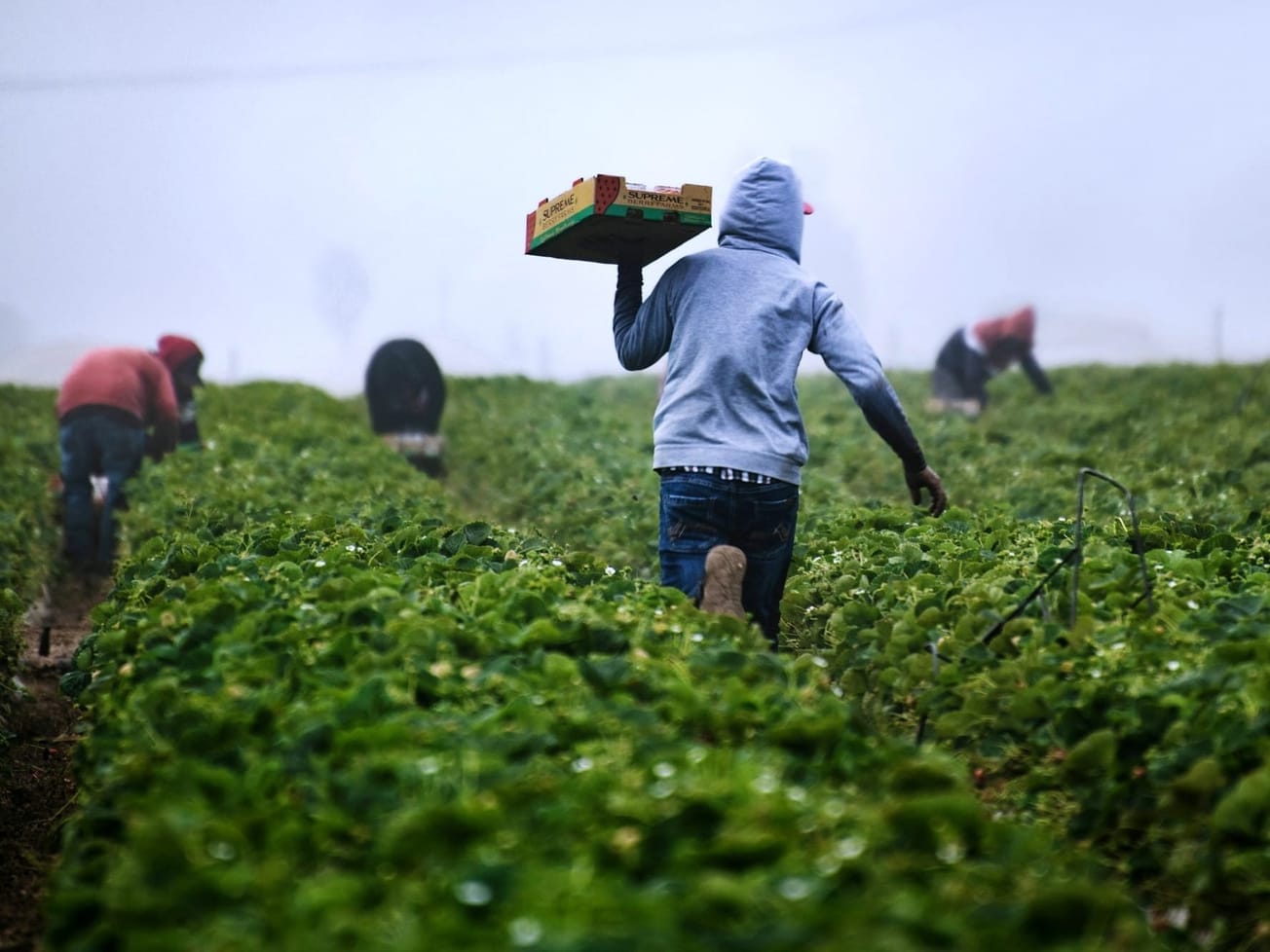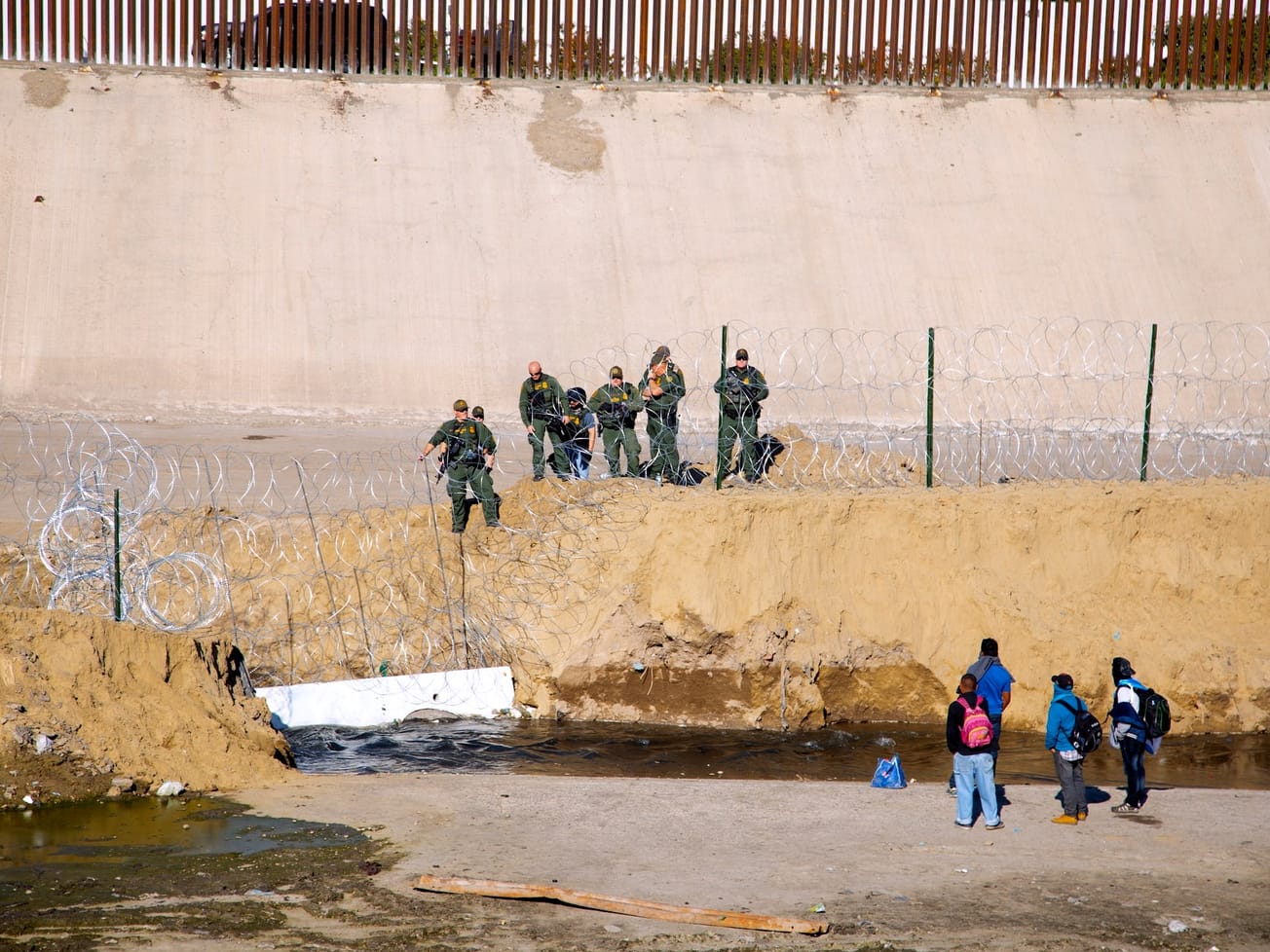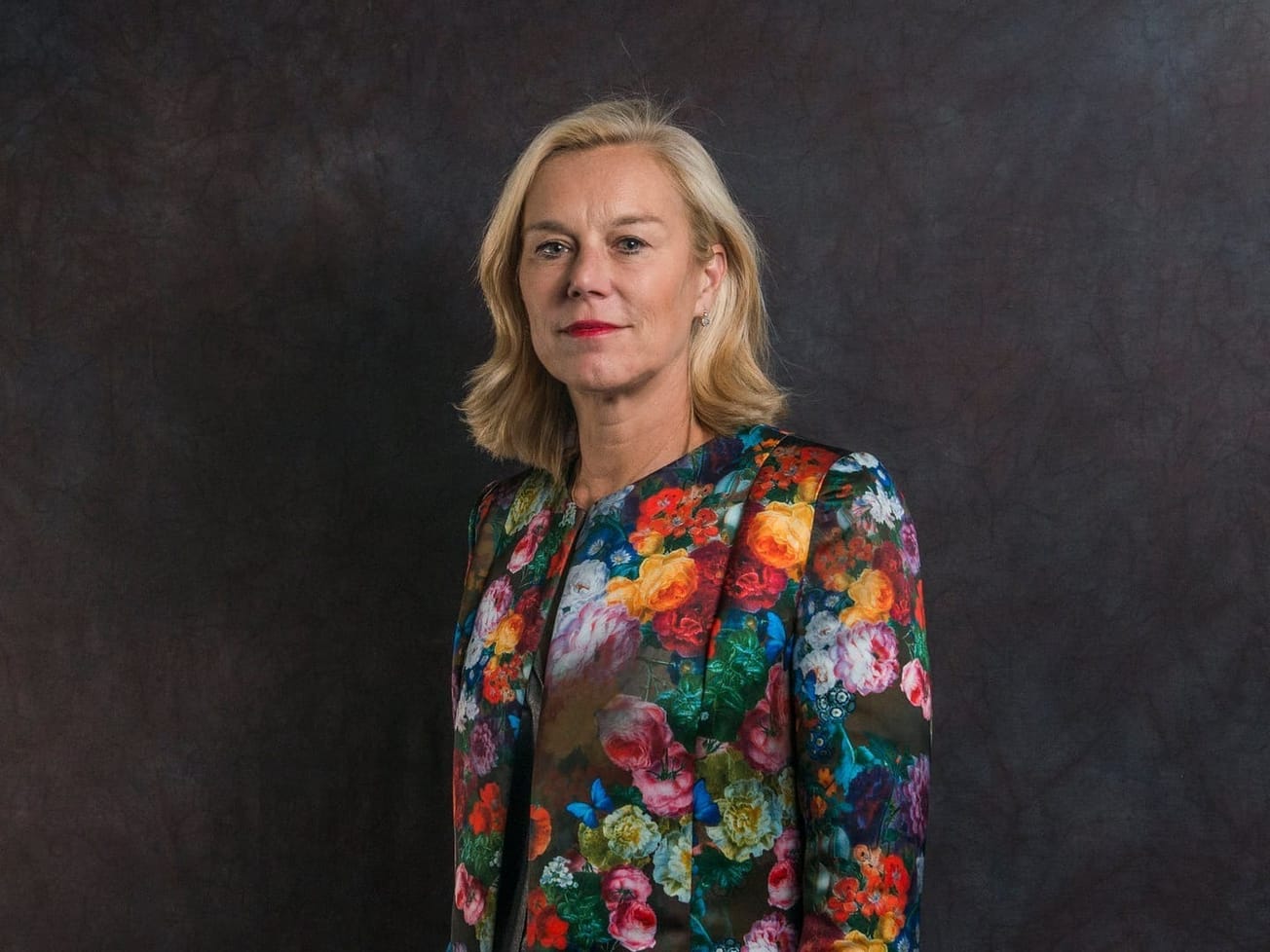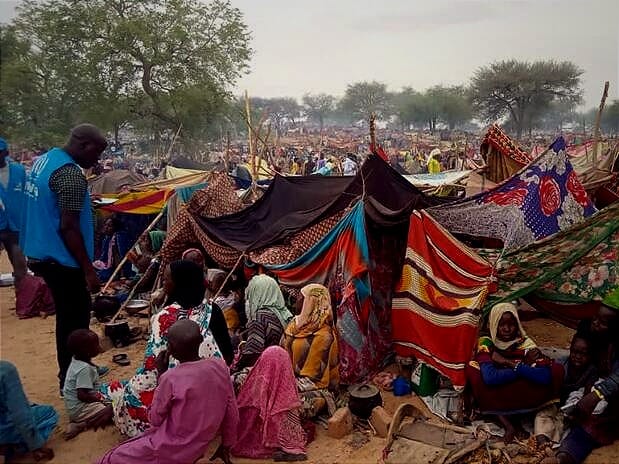
Sudan war crimes and famine risk intensify with killing of aid workers
IFRC confirmed the killing of five Sudanese Red Crescent volunteers at a food mission and three still missing.
Already have an account? Log in
IFRC confirmed the killing of five Sudanese Red Crescent volunteers at a food mission and three still missing.
Europe's decades-old policies have transformed the Italian island's irregular migration role into an invisible haunting.
Villagers who survived 'lost everything 'in the blink of an eye' and now sleep outside, without food, in urgent need of aid.
With the loss of billions in financial support, the U.N. must weigh potential widespread downsizing and consolidation.
The U.N. could mark its 80th anniversary by streamlining and reassuring donors taxpayer money reaches people in need.
U.N. leaders hailed Pope Francis as a champion of the environment and tireless advocate of refugees and migrants.
From migrants to refugees, millions of lives and the organizations that help them are at risk from U.S. aid cuts.
Scoop: The cuts result from Trump abolishing Biden-era efforts to save lives through legal U.S. immigration options.
The ability to keep an important issue on the public agenda can depend on how an organization frames the debate.
Extreme forms of violence, human rights violations and exploitation afflict those fleeing for safety by land and sea.
Migrants are sending home a record amount of money, boosting the economies of the countries they left behind.
By far the largest share of the $236 billion a year in illegal profits comes from forced commercial sexual exploitation.
Escalating violence prompts U.N. condemnation as lawless gangs terrorize and displace thousands and impede aid.
Conflict, climate, environmental degradation and uneven development are major factors in the $7.9 billion appeal.
Sigrid Kaag, a fluent Arabic speaker with extensive Middle East experience, has endured threats of political violence.
Amy Pope will become the first woman to serve as director general of the International Organization for Migration.
